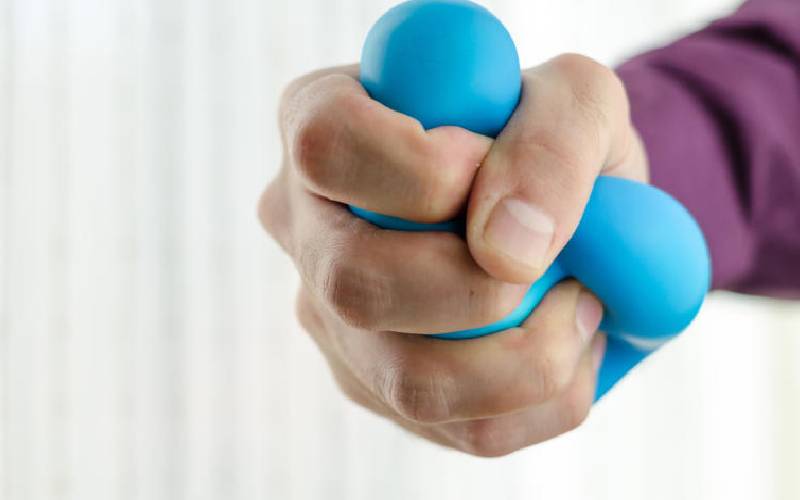×
The Standard e-Paper
Smart Minds Choose Us

Fifteen years ago, Scholar Muthamia was getting ready to welcome her second child. The pregnancy had no complications at all and when her son Ferdinand Mutugi Njuguna was born, he weighed a healthy 3.9 kg.